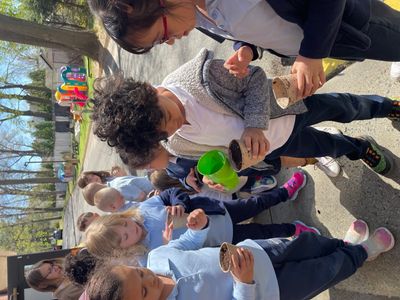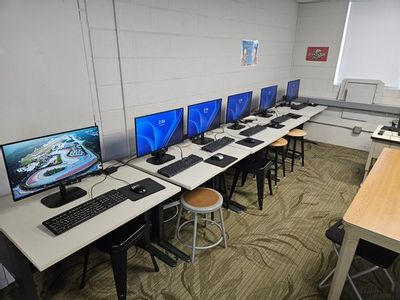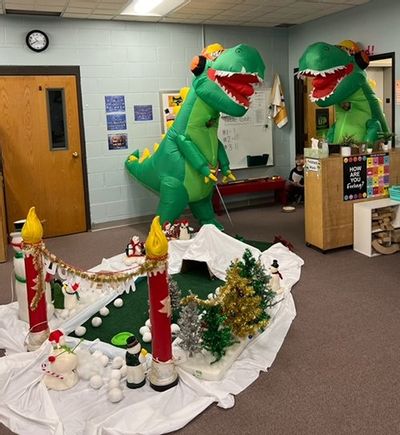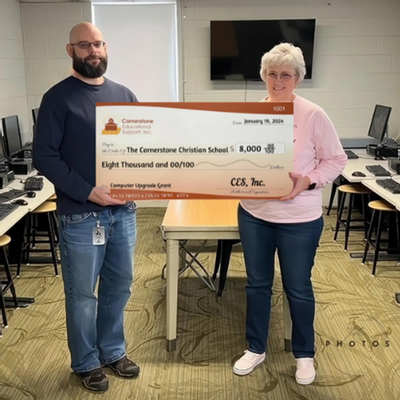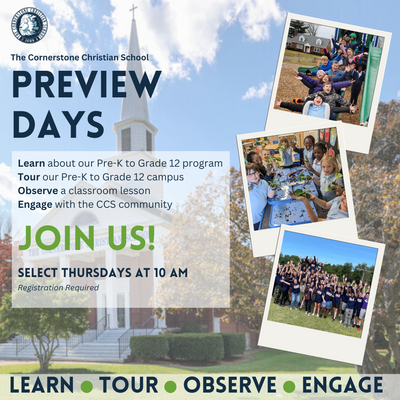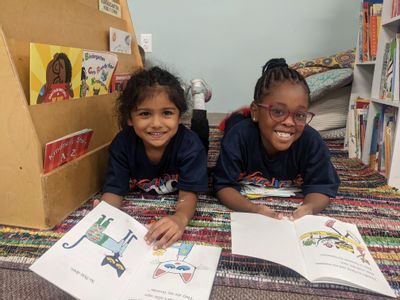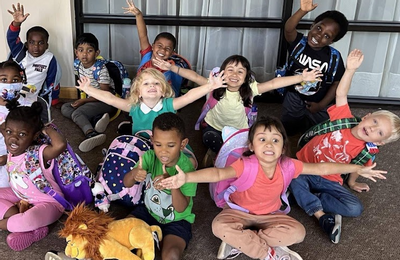Transforming Lives: Developing the Whole Student

There are many things that make a Cornerstone education distinct, but two of these characteristics often rise to the top.
The first is that we are distinctly, unapologetically, Christian and are committed to biblical integration in all that we do, say, teach, and practice. The second is that we view each student as a whole person, created in God's image, with a mind, body, and soul. We desire to see our students grow as Christ did--in wisdom, stature, and in favor with God and man (Luke 2:52). We realize that what the students learn at school is far more than the content of a textbook, and learning takes place beyond the four walls of a classroom.
In recent years the need for social-emotional learning and support has become increasingly evident. In fact, on our first monthly survey this year, many parents indicated they would like support in helping their child navigate friendship struggles and anxiety. Within our school community, we have recognized an opportunity to grow in empathy, communication skills, conflict resolution, and problem-solving.
As you have no doubt realized, Cornerstone is a school run by humans, attended by humans, and supported by humans. Each of us is unique, talented...and flawed. We know that God calls us to love each other; yet, sometimes we don not do that as well as we wished. We fall, we fail, and we hurt ourselves and others. What a blessing it is to know that God, who has designed each of us, knows our flaws and strengths, and He can equip us to love each other the way He has called us to love!
Our approach to discipline, our staff training, our chapels, and even this year's theme--WITH ONE VOICE--all reflect our desire to fulfill God's call to love each other and live in harmony. A couple of other specific ways that we focus on this type of learning are through our Young Peacemakers program for Grades 3-5 and our newly formed Advisories for Grades 6-12.
Young Peacemakers
We use The Young Peacemaker program (by Corlette Sande) with our students in Grades 3-5 to teach and model biblical ways to understand conflict, respond to conflict, and prevent conflict. Mrs. Snyder meets with all the students in these grades together approximately twice a month to teach the 12 lessons of the program. She also worked with the classroom teachers to strategically place these students into four groups called Lunch Bunches. Once every fourth Friday, each group joins Mrs. Snyder in her office for a lunch time together to get to know one another and to talk through topics related to conflict resolution (oftentimes using real-life, school conflicts that naturally happen when living in community with one another). Our desire is that each student would actively become a young peacemaker who points others to Jesus.
Advisories
Advisories is a common term used to refer to small groups of students that meet together on a regular basis. The goal of advisories is for students to get to know other students outside of the classroom setting and to establish relationships with those they may otherwise never get to know well. One tool that we use in these groups is a Dialogue Circle. Students are practicing active listening in order to hear others without the need to directly respond. Currently, these groups meet once a month as part of our normally scheduled chapel times.
In Grades 6-8, students have been digging into communication and interpersonal skills. Through activities and discussions, students are discovering the importance of listening, how to listen, and the effects of their words. The most meaningful part so far has been watching the students learn directly from each other, which is often much more powerful than hearing from an adult!
In Grades 9-12, the Dialogue Circles have been used to provide opportunities for students to discuss faith-related topics, such as the Bible, Science, and Sin. The students view a video from Darkroom Faith (available on RightNow Media) and then respond to a series of prompts. The students are challenged to think, encouraged to question, and allowed to express their opinions in a safe manner. We know that God is not afraid of our questions; He is always ready to answer! We are excited to see how God will use these opportunities to help our students grow deep roots in Him.

